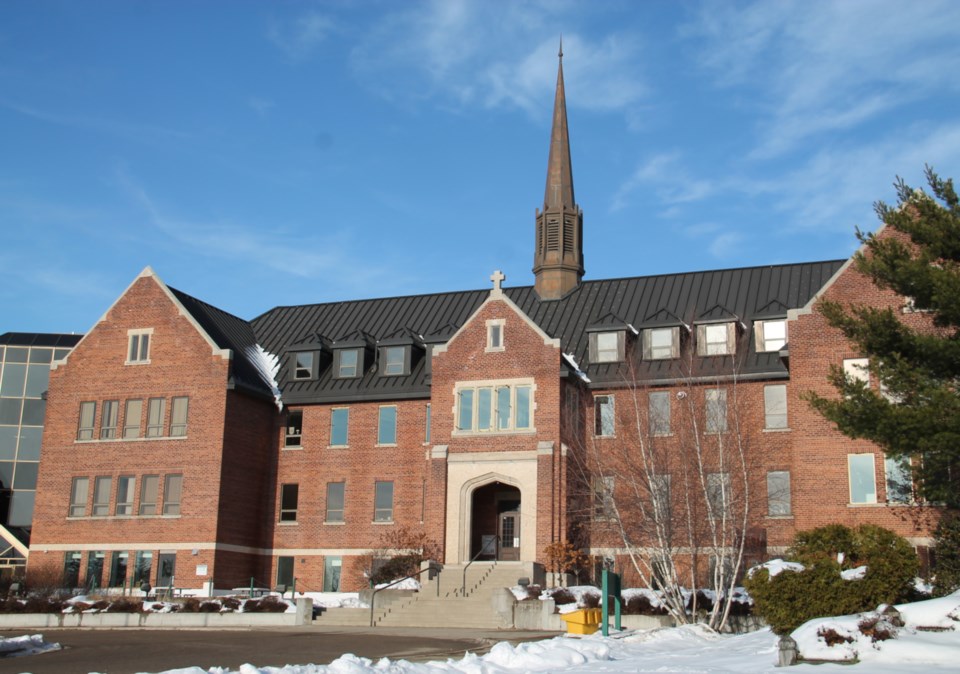As the federal government further tightens international student permits, Algoma University anticipates a 50-per-cent reduction in new full-time international student enrolment for the 2025-26 academic year.
As part of a federal cap on international students announced last year, permits have been reduced by 10-per-cent across Canada for 2025 – bringing the total down to 437,000 new study permits this year.
It’s a move that has put colleges and universities “in a tough spot,” said Donna Rogers, Algoma University’s interim president and vice-chancellor, in a report to the university’s board of governors.
“Like many universities across Canada, Algoma U is facing challenges that require careful decision-making,” Rogers wrote.
“Between the federal government's cuts to international student enrolment and the province's sustained underfunding, universities and colleges are in a tough spot.”
With Ontario’s 2019 tuition freeze for domestic students still in effect, colleges and universities are simultaneously contending with dwindling numbers of international students – who typically pay far higher tuition rates to study in Canada.
For Algoma University, which had thousands of international students enroled in 2023, the changing landscape will translate to a tightened budget in the coming year, Rogers reported.
She said the university projects a budget surplus for the 2024-25 academic year, and while it does not anticipate a deficit in the coming year, the university expects reduced revenue due to the international student caps in place – leading to a host of “budget adjustments” meant to save money.
As part of our efforts to protect Algoma University's long-term future, we are implementing a series of budget adjustments across all departments,” Rogers wrote.
“These measures focus on optimizing resources, improving efficiencies, and aligning spending with institutional priorities. Through these efforts, the internal finance team is forecasting $15 million in cost savings, ensuring a more sustainable financial foundation for the university moving forward.”
As part of its cost-cutting measures, the university has also approved a temporary voluntary exit incentive program (VEIP), which provides financial incentives for employees to resign or retire from their positions in 2025.
“Eligible employees who choose to participate in the VEIP will receive a lump-sum retiring allowance, calculated and prorated based on their years of service, up to a maximum of one year’s base salary,” Rogers wrote.
During Monday’s board of governors meeting, Rogers added she recently chatted with Nolan Quinn, from Ontario’s Minister of Colleges and Universities, about some of the university’s funding concerns.
“I spoke to him last week – a week ago today – and we had a good conversation in which I told him I wouldn't be doing my job if I didn't ask him for more money for the university,” Rogers said.
While not yet complete, Rogers reported the university’s operating budget is “close to being finalized for the board’s approval.”
As part of her report, Rogers also highlighted the university is adding three new master’s degree programs in global business and economy, business analytics, and computer science.
